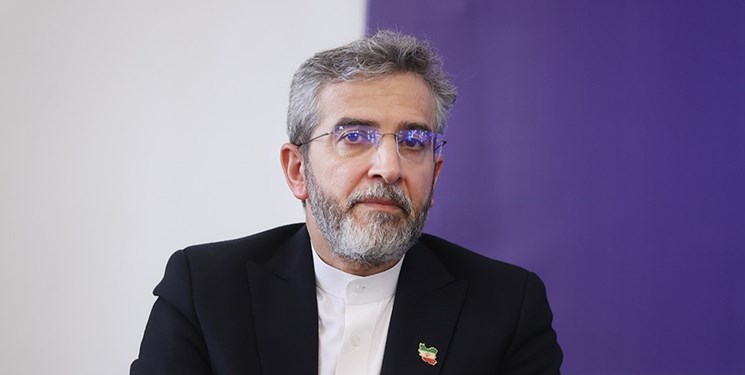On Wednesday, Ali Bagheri, Iranian Deputy Foreign Minister for Political Affairs, and Carlos Duarte, Secretary for Africa and the Middle East at the Brazil’s Ministry of Foreign Affairs, held the 12th round of political consultations between the two countries in Brasilia, the capital of Brazil. The meeting was attended by three of Brazil’s deputy foreign ministers and several other directors of the country’s foreign ministry. The parties discussed and exchanged views on various aspects of bilateral relations and international issues.
This was the follow-up to the 11th round of political consultations that took place last year in August, when Brazil’s then Secretary for Africa and the Middle East visited Tehran.
The topics covered in the talks in Brasilia included the facilitation and diversification of economic and trade relations, the enhancement of cultural and scientific ties, the cooperation on environmental issues and tourism development, as well as the increase of parliamentary interactions between the two countries.
Iran’s Deputy Foreign Minister expressed the will of both sides to hold a new round of the Joint Economic Commission in the next few months. He said: “The complementary economic capacities of Iran and Brazil promise sustainable and stable economic cooperation between them”.
The trade volume between Iran and Brazil reaches approximately 4.4 billion dollars, and both countries are striving to raise this figure.
Bagheri also highlighted the importance of cooperation between Iran and Brazil in the international arena. He said: “The cooperation between Iran and Brazil will play an important role in strengthening the mechanisms of multilateralism and protecting the interests of independent countries. It will also be the basis for consolidating stability and promoting sustainable security.”
He added: “The participation of each actor based on their capacities in international political and economic mechanisms is the main factor for ensuring stability and sustainability of an order based on multilateralism”.
Brazil is a member of the BRICS, a group of emerging economies that is considered as one of the important drivers for shaping a new multipolar world. Last year, Lula da Silva, the president of Brazil, emphasized in his inauguration speech that his government will follow the approach of multilateralism and a multipolar world.
Other issues that were discussed by the parties during the meetings on Wednesday were peaceful ways to resolve current conflicts, rejection of unilateral sanctions, and the role of multilateral organizations such as BRICS in creating a stable and development-oriented order.
Although BRICS was initially formed based on economic convergence and its future plans are to shape a new economic structure in the world, it seems that its political dimension is also becoming more prominent against Western hegemony. In this regard, it seems that Iran’s political consultations have an important role in advancing Iran’s membership in BRICS. Therefore, Bagheri’s trip to Brazil can be evaluated not only from a bilateral perspective, but also from this point of view.






